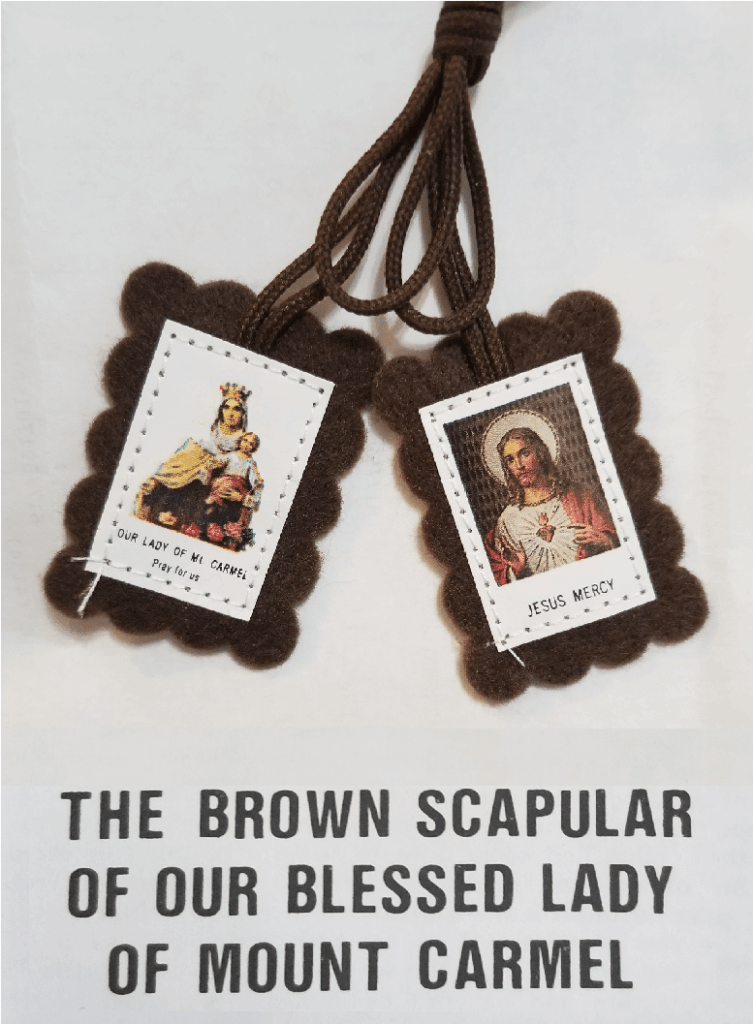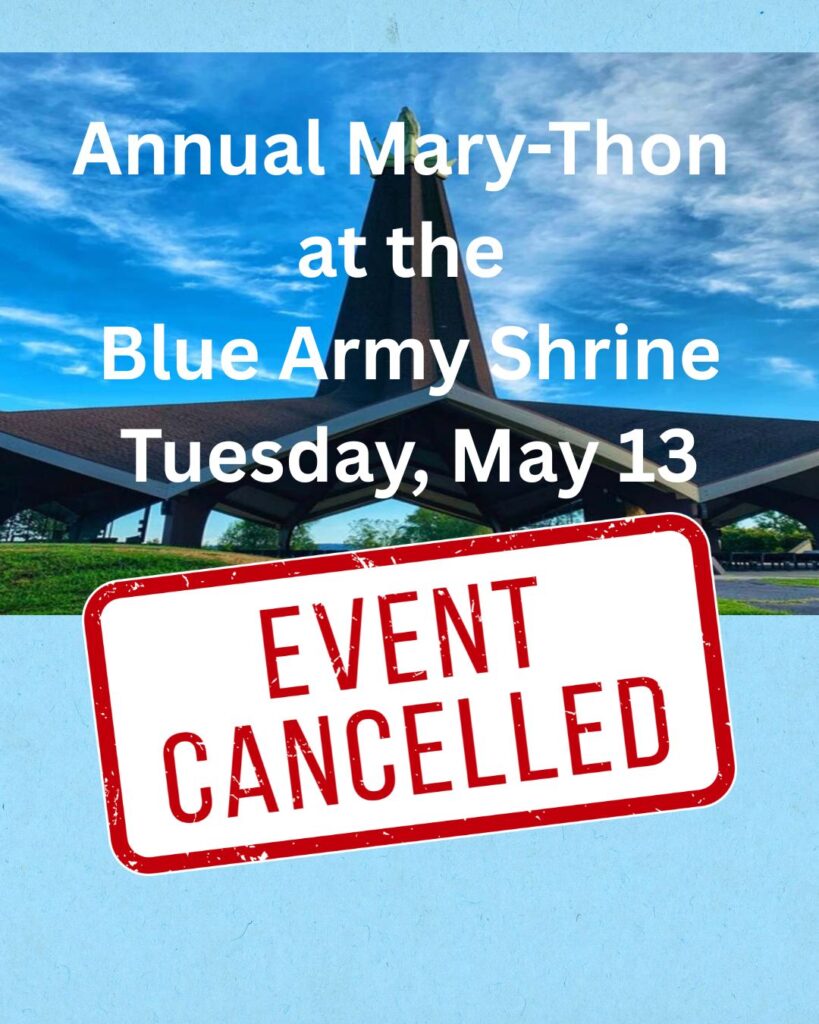You can still make Mass! Bring the weekend to a blessed close with 7 p.m. Sunday evening Mass at St. David the King.
Gez Ford, our Faith Formation Coordinator, has taken the reins of our Sunday 7 p.m. Mass music ministry, infusing the “Last Chance Mass” with a more contemporary, youth-oriented praise style that will uplift and inspire all generations.







